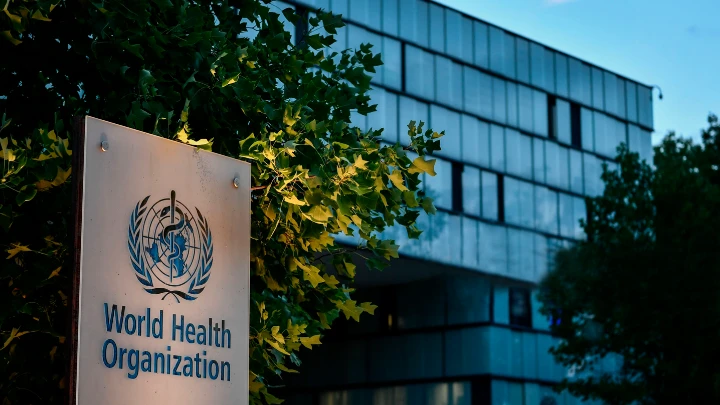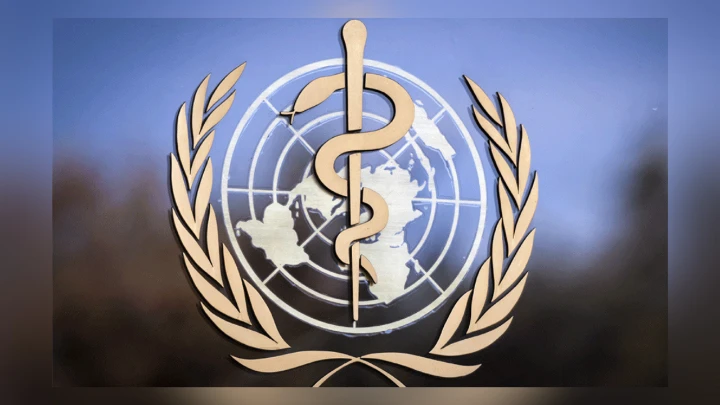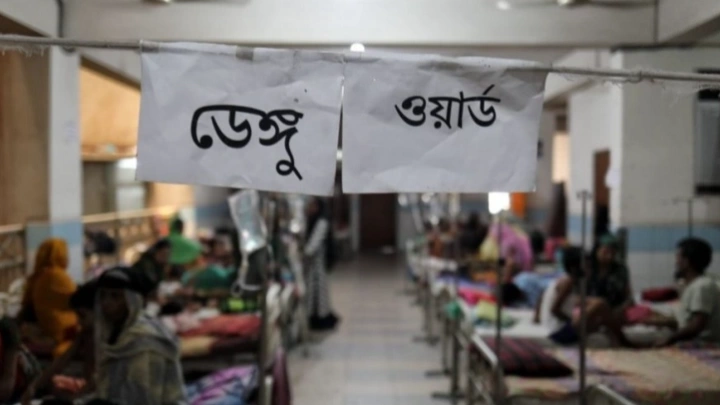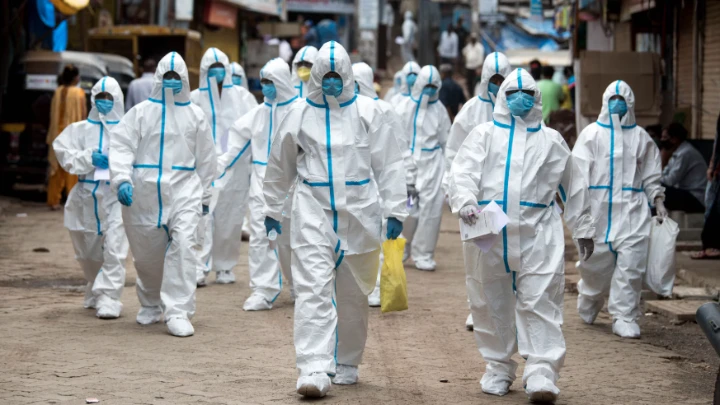Every seven seconds, a new baby or pregnant woman is lost: WHO
UNB || Shining BD
According to a new UN World Health Organization (WHO) report, global progress in lowering the early mortality of pregnant women, mothers, and babies has been stagnant for eight years due to declining maternal and newborn health spending.
The report, titled "Improving Maternal and Newborn Health and Survival and Reducing Stillbirth," examines the most recent statistics and tracks the provision of critical health services.
The new book was unveiled at a major global conference in Cape Town, South Africa.
Overall, the analysis shows that survival gains have stalled since 2015, as evidenced by an annual average of 290,000 maternal fatalities, 1.9 million stillbirths (babies who die after 28 weeks of pregnancy), and a startling 2.3 million infant deaths in the first month of life.
According to the report, over 4.5 million women and babies die each year during pregnancy, childbirth, or the first weeks after birth, which equates to one death every seven seconds. The majority of the deaths could have been avoided or treated if proper care had been available.
The Covid-19 pandemic, rising poverty, and worsening humanitarian crises have put additional strain on already overburdened health-care systems. Only one in ten countries (out of more than 100 polled) report having enough funds to carry out their current plans.
According to the most recent WHO survey on the pandemic's impact on essential health services, approximately 25% of countries continue to report ongoing disruptions in critical pregnancy and postnatal care, as well as services for sick children.
"Pregnant women and newborns continue to die at unacceptable rates around the world, and the COVID-19 pandemic has created additional barriers to providing them with the care they require," said Dr. Anshu Banerjee, World Health Organization (WHO) Director of Maternal, Newborn, Child, and Adolescent Health and Ageing.
"If we want different results, we have to do things differently." More and smarter investments in primary healthcare are required now to ensure that every woman and baby, regardless of location, has the best chance of health and survival."
Fewer than 60% of women in Sub-Saharan Africa, Central and Southern Asia, the regions with the highest burden of newborn and maternal deaths, receive even four of the WHO's recommended eight antenatal checks.
"The death of any woman or young girl during pregnancy or childbirth is a serious violation of their human rights," said Dr Julitta Onabanjo, Director of the United Nations Population Fund's (UNFPA) Technical Division.
"It also reflects the urgent need to expand access to high-quality sexual and reproductive health services as part of universal health coverage and primary health care, particularly in communities where maternal mortality rates have remained stable or even increased in recent years." To address maternal and newborn mortality, we must take a human rights and gender transformative approach, and it is critical that we eliminate the underlying factors that contribute to poor maternal health outcomes, such as socioeconomic inequalities, discrimination, poverty, and injustice."
Based on current trends, more than 60 countries are unlikely to meet the UN Sustainable Development Goals for maternal, newborn, and stillbirth mortality reduction targets by 2030.
Shining BD






















